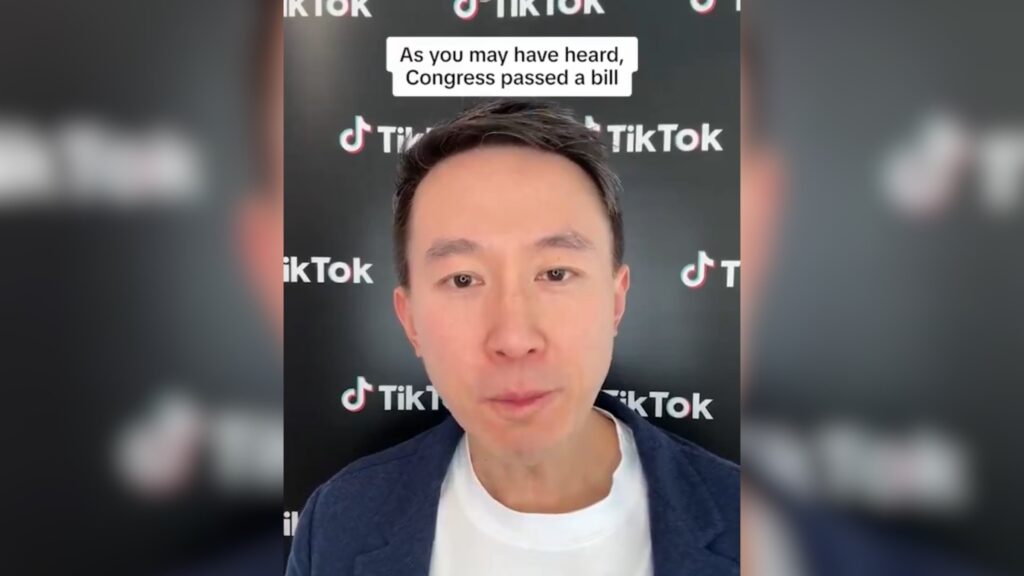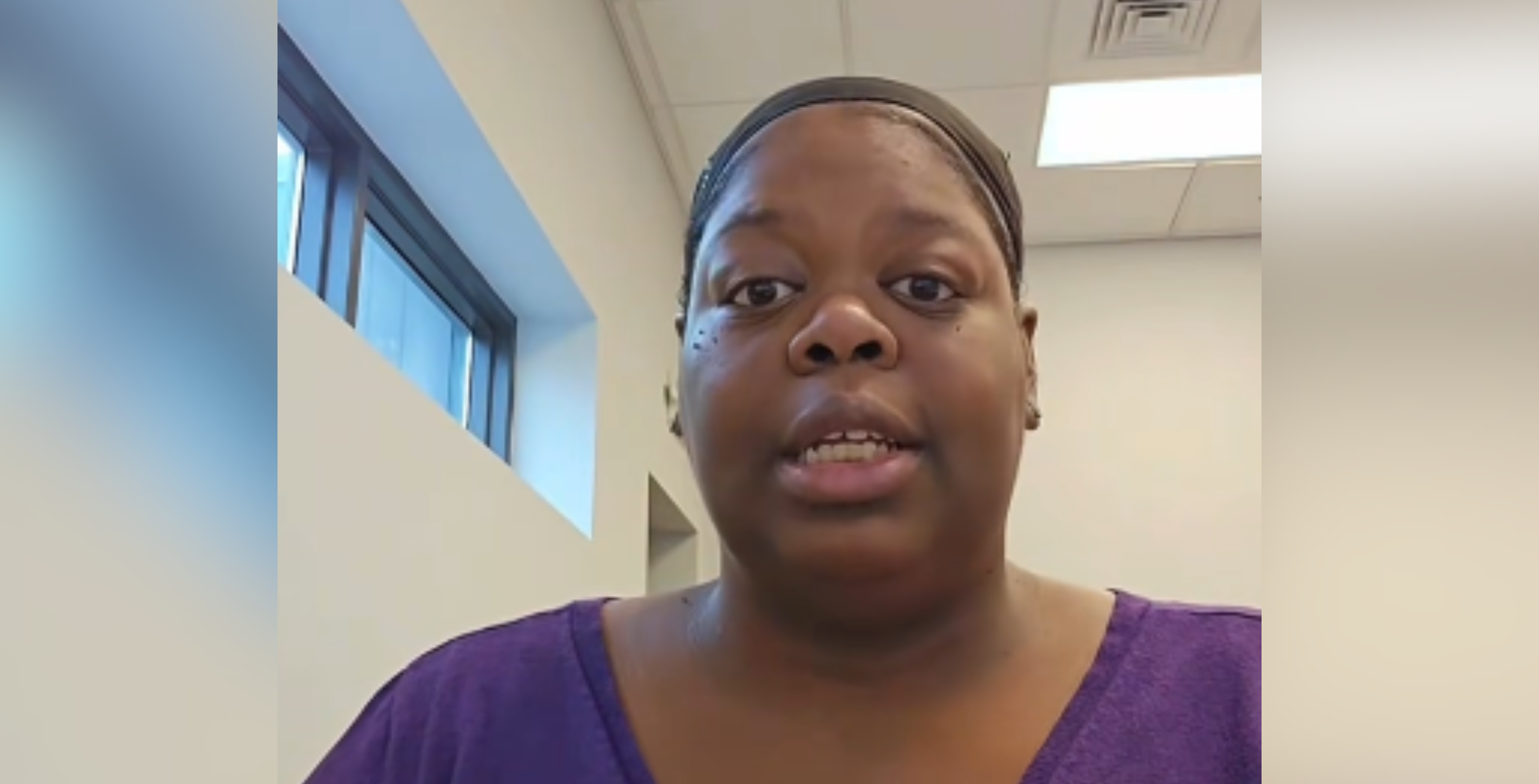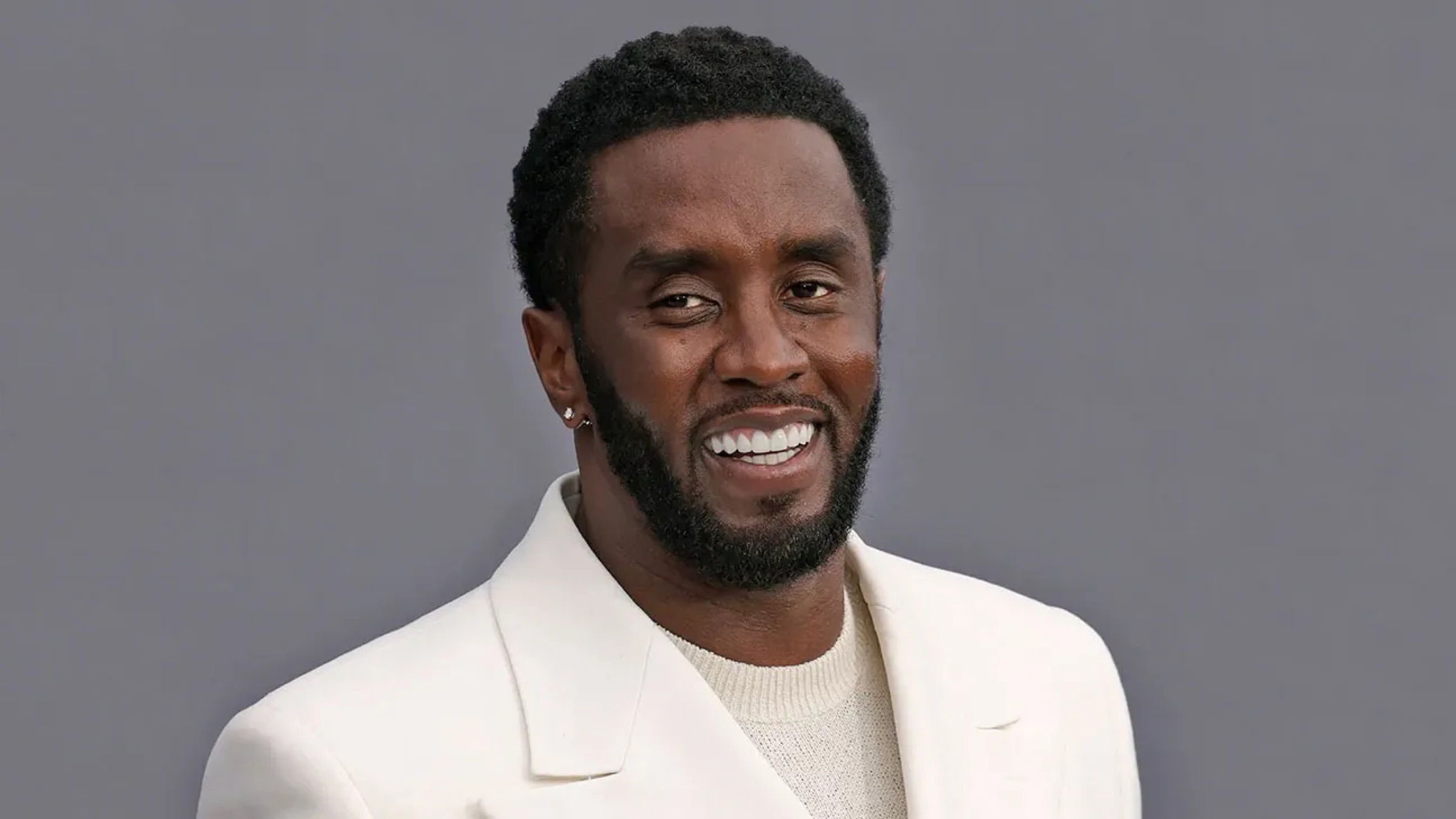(Courtesy: @TikTok/TikTok)
TikTok’s CEO Shou Chew is reacting to the potential ban of the social media app in the U.S. but he’s not backing down without a fight to court.
Last Wednesday President Joe Biden signed a bill that could potentially ban TikTok. It requires its parent company, ByteDance, to sell the social media app’s U.S. operations within 270 days or it could face a national ban.
Chew posted a video reacting to the potential ban in the U.S. following Biden signing the bill.
@tiktok Response to TikTok Ban Bill
♬ original sound – TikTok – TikTok
A statement was also released on TikTok’s website, “This unconstitutional law is a TikTok ban, and we will challenge it in court. We believe the facts and the law are clearly on our side, and we will ultimately prevail.”
“As we continue to challenge this unconstitutional ban, we will continue investing and innovating to ensure TikTok remains a space where Americans of all walks of life can safely come to share their experiences, find joy, and be inspired,” it added.
The Brandon Gonez Show contacted Brett Caraway, an Associate Professor of Media Economics at the University of Toronto and the author of the book Digital Media Economics: A Critical Introduction to ask what the significance of the ban could mean.
“The immediate significance of the TikTok bill is that about 170 million Americans may lose access to the platform. TikTok has been valued at anywhere between $20 and $100 billion (USD), which will make finding a buyer in the given timeframe challenging,” he said.
“It represents a major departure by the United States from its traditional role as a beacon of Internet freedom. The bill constitutes a massive government intervention into the online social media market. All of which has transpired without any specific elaboration of the alleged security threat posed by the platform. The U.S. will join countries like Afghanistan, Pakistan, and India which have instituted total bans of the platform in various ways,” he continued.
Caraway also said although he’s not a legal scholar he believes it’s likely TikTok will challenge the ban on First Amendment grounds.
“The First Amendment prohibits the government from passing laws to abridge freedom of the press and freedom of assembly. At the very least, a First Amendment challenge would compel the government to spell out its national security concerns regarding the platform,” he said.









